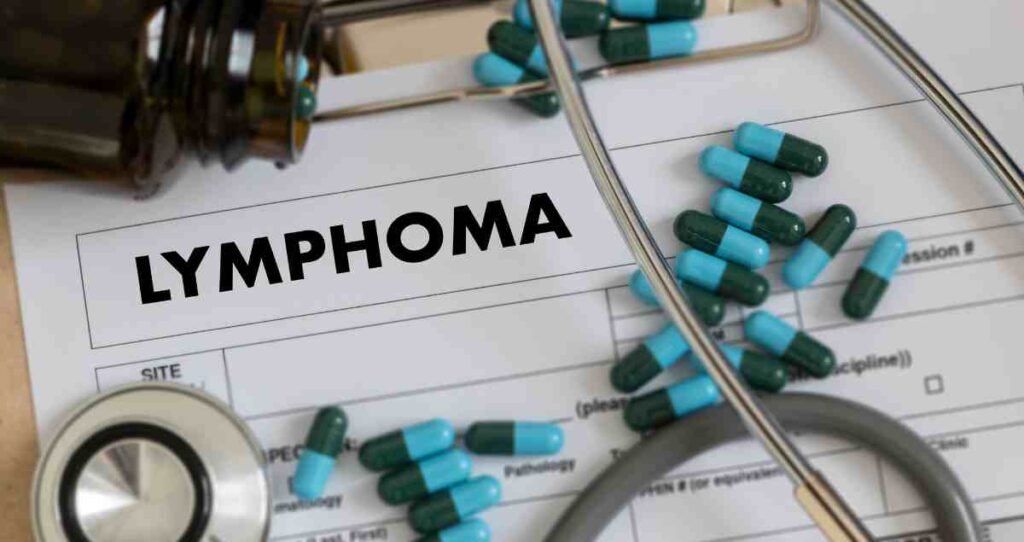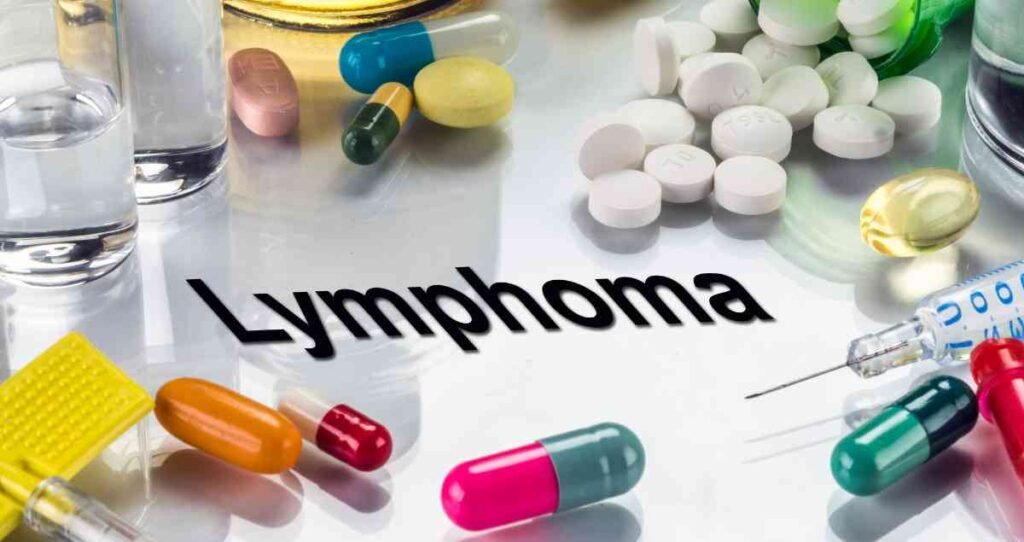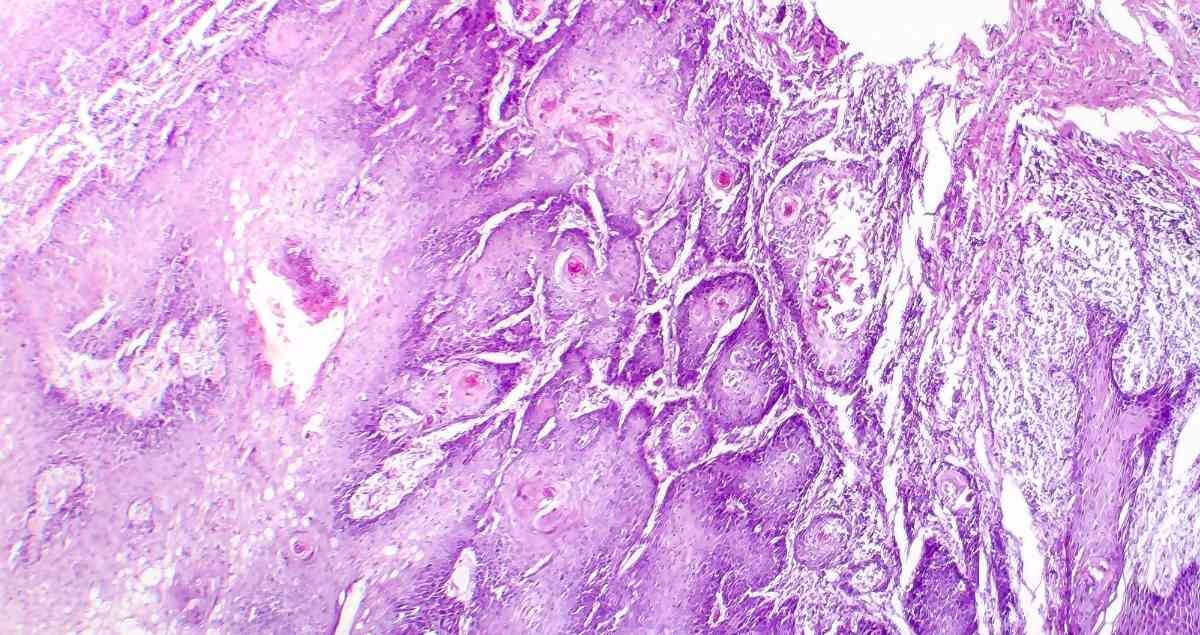Lymphoma Treatment, from the family of cancers that develop in the lymphatic system, is an intricate disease, with various sub-types inter-related differently, which calls for a tailored treatment protocol applied on a case-to-case basis. This comprehensive guide is going to let us examine the several treatment options, discover the exciting novelties in therapy, and learn under which circumstances treatment will be given. Our objective is to ensure that every participant in our workshop can follow along with the treatment process for lymphoma and the latest scientific developments.
Understanding Lymphoma
Lymphoma is primarily divided into two main types: Hodgkin and non Hodgkin lymphoma. Compared to other types of cancers, for instance, certain types have particular attributes and recommended treatment methods. The lymphatic system, which operates as part of the immune system, entails lymph nodes, the spleen and other organs. When lymphoma is present, a kind of white blood cell named lymphocytes get divided without end.

Symptoms of Lymphoma
Common symptoms of lymphoma include:Common symptoms of lymphoma include:
Acute inflammation of the lymphatic system which is manifested by often-swollen lymph nodes in the neck, armpit, or groin region.
- Unexplained weight loss
- Fever
- Night sweats
- Fatigue
Along with these symptoms, the analogy might be true to other disorders, that you should see a physician to get the right diagnosis.
Lymphoma Treatment Options
Chemotherapy
The chemotherapy is one of the most commonly selected treatment option used alone or in a combination with the other treatment strategies. It comprises the replacement of malignant or fast growing cells with drugs that can manage them. Night that the chemo drugs and regimen that is used is dependent on the lymphoma types and stage.
Radiation Therapy
For the superficial type of lymphoma as well as those that are bulky, radiation therapy can be productive. In this therapy, beams of high energy are directed into cancer cells to destroy them. Improvement in the radiation therapy technology in targeting of the cancer area and reduced of the adverse effects of the radiation treatments.
Immunotherapy
Immunotherapy is the fast-moving clinical area used in tumor shedding of lymphomas. This immunotherapy puts the immune system on release mode so that it can fight cancer better. Maintenance therapy drugs like monoclonal antibodies are known for their selective nature by which they only target a specific part of the cancer cell.
Targeted Therapy
This directed therapy attacks specifically by compounding vital pathways and molecules that are essential to the life and growth of cancer cells. This process of treatment strives for it to be more precise and it attacks cancer cells without damaging the normal cells that is why through such method, the side effects are reduced. Beyond the discovery of BTK inhibitors, kinase inhibitors such as ibrutinib (IMBRUVICA®) and Bruton’s Tyrosine Kinase (BTK) pathway inhibitors are also extensively explored.
Stem Cell Transplantation
When the cancer has become very aggressive or the disease is relapsing despite chemotherapy and immunotherapy, the stem cell transplant process might be considered. The process involves replacing sick marrow with a healthy stem cells which can reproduce and yield new, healthy, red blood cells.
CAR T-Cell Therapy
A revolutionary wash in ‘lymphoma treatment is the administration of CAR T-cell therapies. To do this, it transforms a patient’s type of a white blood cells to wipe out lymphoma cells. It has so far yielded good outcomes, with special application in relapsed or refractory non-Hodgkin lymphoma cases.
Factors Influencing Treatment Decisions
The choice of lymphoma treatment depends on various factors, including:The choice of lymphoma treatment depends on various factors, including:
- Lymphoma is categorized into disorders and subtypes by type.
- With time, the stage where disease has stopped progression.
- The old age and the overall wellness of the patient is also essential.
- Before that we did not have any successful treatments and their effects diminished to no impact.
The scope of lymphoma treatment can be further thought after:
The research about cytotherapy in lymphoma lacks behind – still on-going clinical trials are held to test new drugs and therapeutic patterns. The emergence of individual medical which specializes in the treatment of patients according to their genetic profile and tumor features, has become the key issue.
Conclusion
The treatment setting of lymphoma gets broader due to continuous refining the already existing therapies and developing the new ones. Understanding the available treatments, how they work and what new therapies are brand new in town is essential information for lymphoma patients and is a source of hope and guidance to them during the grueling process that comes with the diagnosis.
Researchers and scientists have been putting more efforts and developments every day to develop new and more efficient treatment strategies, which holds a promise for future lymphoma patients to be fully cured. Whether through traditional approaches like chemotherapy and radiation or through cutting-edge techniques like immunotherapy and CAR T-cell therapy, the goal remains the same: so as to give maximum benefits to the patients in each person’s case.











